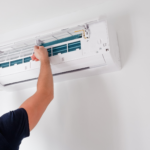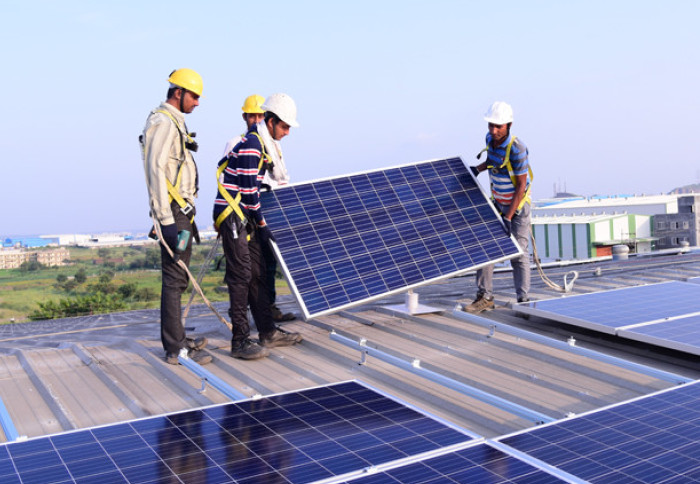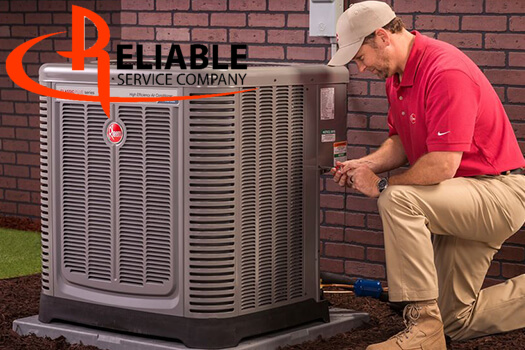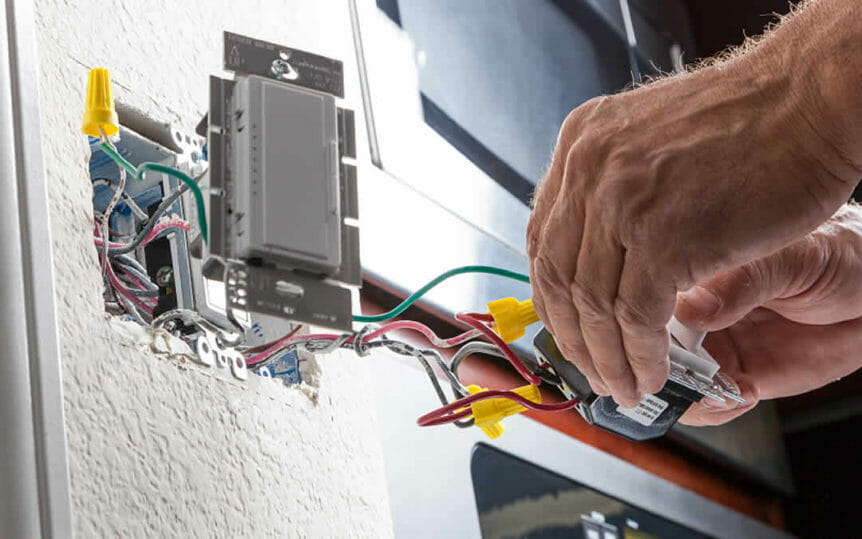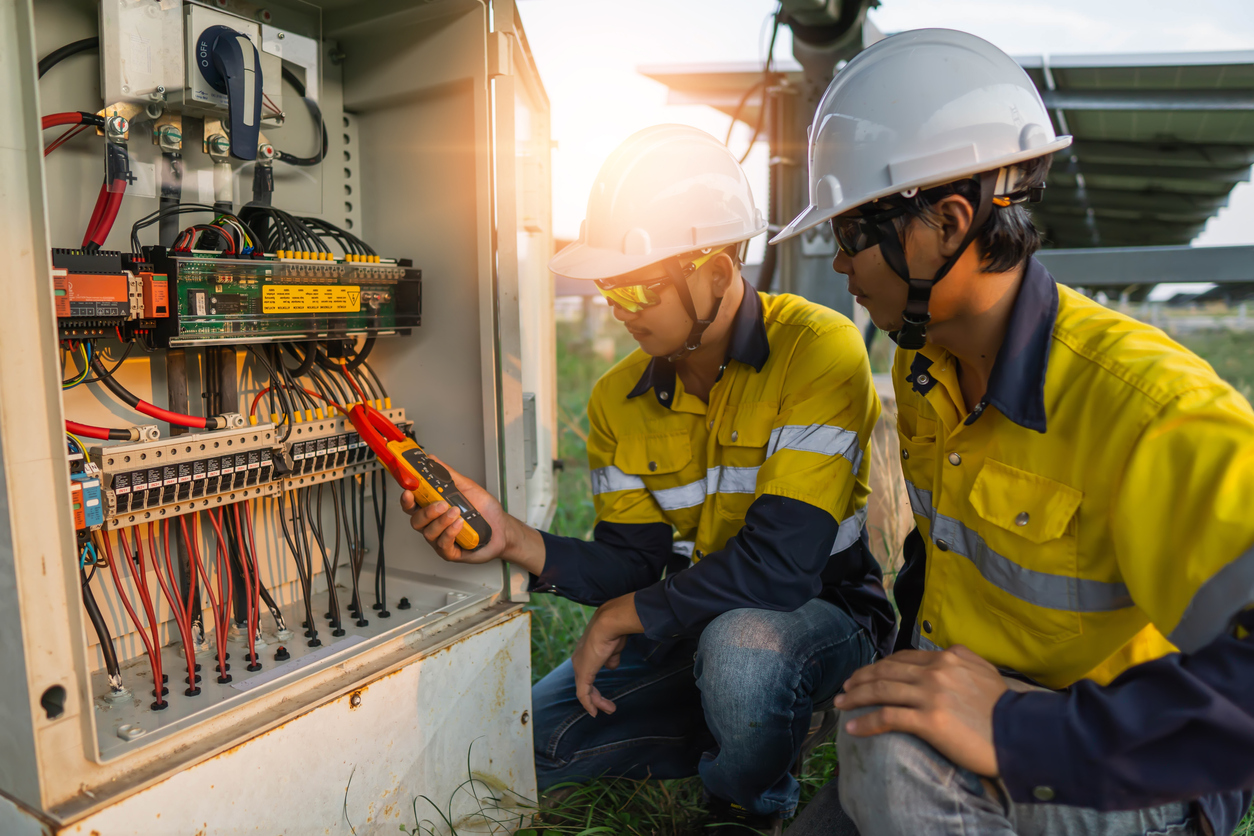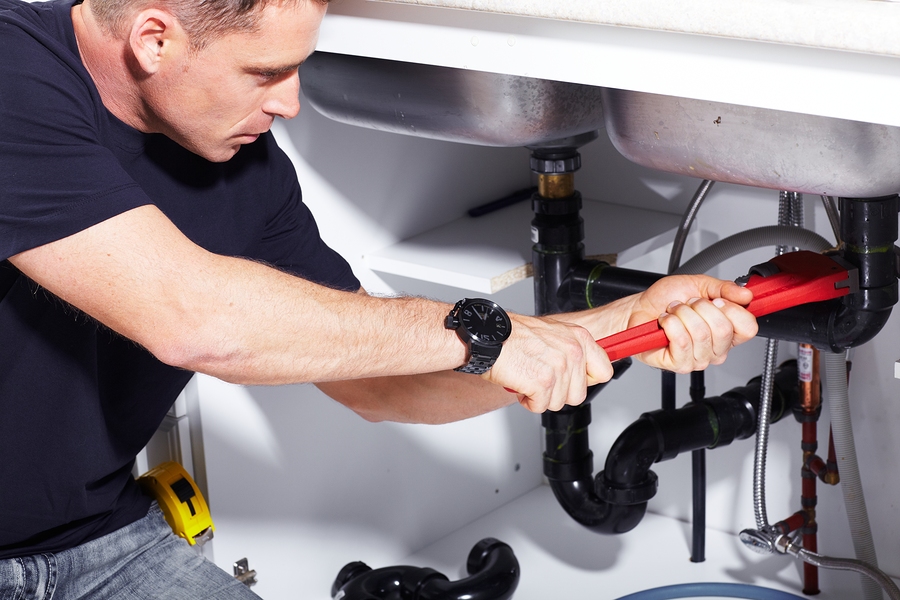What Could Cause a Water Heater Gas Leak and How to Fix It
Water heater gas leaks can be dangerous if not addressed quickly. It’s important to know the potential causes of a gas leak from your water heater and how to fix common issues. This will help you maintain your water heater’s safety and efficiency.
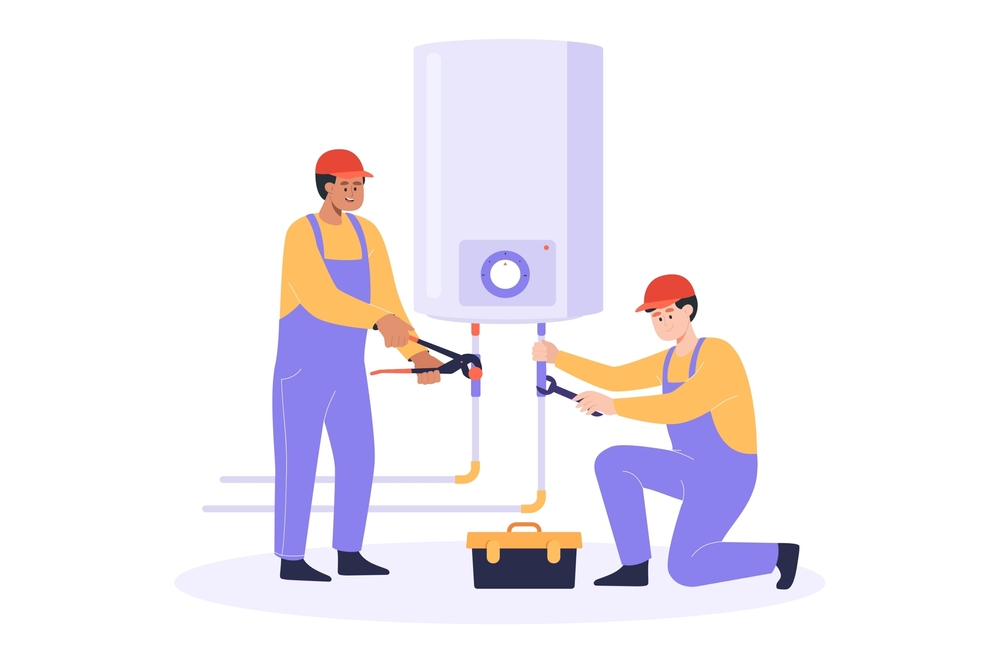
Content
Potential Causes of a Gas Leak
There are a few main things that could cause a gas leak from water heater:
Corroded or Worn-Out Connector Pipes – The connector pipes that bring gas to the water heater’s burner can corrode or wear out over time due to age. This weakens the pipes and makes them prone to leaks.
Loose or Damaged Fittings – The fittings connecting the gas supply line to the water heater can become loose or damaged. This allows gas to escape rather than going to the burner.
Cracked or Broken Gas Valve – The gas valve that controls gas flow to the burner is susceptible to cracks or breaks after many years of use. Even a small crack here can cause a leak.
Rusted-Through Burner Tubes – The burner tubes that emit gas into the water heater tank can develop rust holes over 10+ years. Gas leaks through these holes rather than igniting.
Improper Installation – If your water heater wasn’t installed correctly to code, it’s possible leak-prone connections were used that now need fixing.
How to Inspect for a Gas Leak
If you suspect a gas leak from your water heater, it’s important to inspect it carefully:
- Use a mirror to examine the back and underside for any visible cracks or holes.
- Using a brush, apply a mixture of liquid dish soap and water to all pipe fittings and connections. Bubbles indicate a leak.
- Check the gas valve, burner tubes, and other components for corrosion, cracks, or damage.
- Ensure the area around the water heater is well-ventilated and combustible-free before testing.
- If you detect the distinctive smell of gas in the rotten egg, leave the area immediately and call the gas company.
How to Fix Common Gas Leaks
Once you’ve identified the source of the gas leak, here are some typical fixes:
Replace Corroded Pipes – Disconnect the old pipes and replace them with new, heavy-duty stainless steel connectors.
Tighten or Replace Fittings – Use two wrenches to tighten loose fittings or replace damaged ones with new brass fittings.
Replace a Cracked Gas Valve – Shut off the gas and water, then replace the entire gas valve assembly per the manufacturer’s instructions.
Repair or Replace Burner Tubes – Carefully inspect tubes for rust holes. Patch small holes or replace the entire burner if heavily corroded.
Check for Proper Installation – Have a professional evaluate any installation issues and fix connections that don’t meet code.
It’s best to contact a licensed plumber for any gas line repairs or replacements. Do not attempt fixes unless you’re trained to work on gas systems. Regular inspection and maintenance allow you to catch and address minor issues before they escalate into dangerous gas leaks.

I am Scott Miller and my love is writing about home improvement. I write mostly about home ideas, but also share some tips and tricks that can make your life easier when it comes to getting things done in the house.

